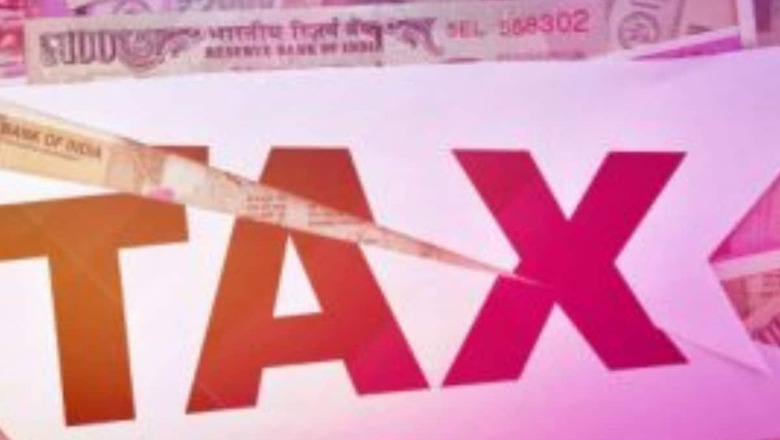
views
The central government has laid out a plan to impose taxes on Employees Provident Fund (EPF) contributions above Rs 2.50 lakh in a year. The same would be applicable for government employees, for whom, the limit has been set at a higher end of Rs 5 lakh. Employees across India are required mandatorily to have an Employees Provident Fund (EPF) account, commonly referred to as a PF account to utilise the funds post retirement. The Employees Provident Fund Organisation, or EPFO, the top retirement body of the central government, has designed the scheme for employees so that they can fall back on the corpus acquired from it after they retire.
From April 1 this year, PF accounts are likely to be divided into taxable and non-taxable contribution accounts under the set of new Income Tax (I-T) Rules. The new rule is applicable only on the employee’s contribution and the employer’s contribution is not to be taken into account.
How is PF Going to Be Taxed?
The move is mainly for the high income earners making an annual income of Rs 20.83 lakh. But what are the threshold limits under this new rule?
For example, if a non-government employee contributes Rs 5 lakh in EPF within a year, Rs 2.50 out of the amount is going to be taxable. On the contrary, if a government employee contributes Rs 6 lakh to provident fund, Rs 1 lakh is going to be taxed under the rule. Government employees have the facility of GPF, or Government Provident Fund, where only the employee makes contributions.
With this new amendment, the government wants to curb high income earners from self-contributing more to their PF accounts as many people contribute more than the required amount to provident funds as it is tax-free.
The government had previously said that this decision will affect less than 1 per cent taxpayers in the country. To implement this new rule, the Central Board of Direct Taxes has notified the creation of a new Section 9D under the Income Tax Rules, 1962. The CBDT has also said that PF contributions up to March 31, 2021, will be considered tax-free.
What are the Present Rules?
At the moment, PF contributions are not taxable unless you withdraw the entire contributions within five years. The employee contributes 12 per cent of their earnings to EPF, while the government contributes another 12 per cent. Out of the employer’s share, 8.33 per cent goes towards the EPS scheme and the remaining amount is deposited to the EPF account.
The Employees’ Provident Fund Organisation (EPFO) has decided to pay 8.1 per cent rate of interest on provident fund deposits for the current financial year 2021-22. This is at a 40-year low, with the decision being taken after much resistance from the trade unions at the EPFO’s board meeting in Guwahati.
Read all the Latest Business News and Breaking News here


















Comments
0 comment